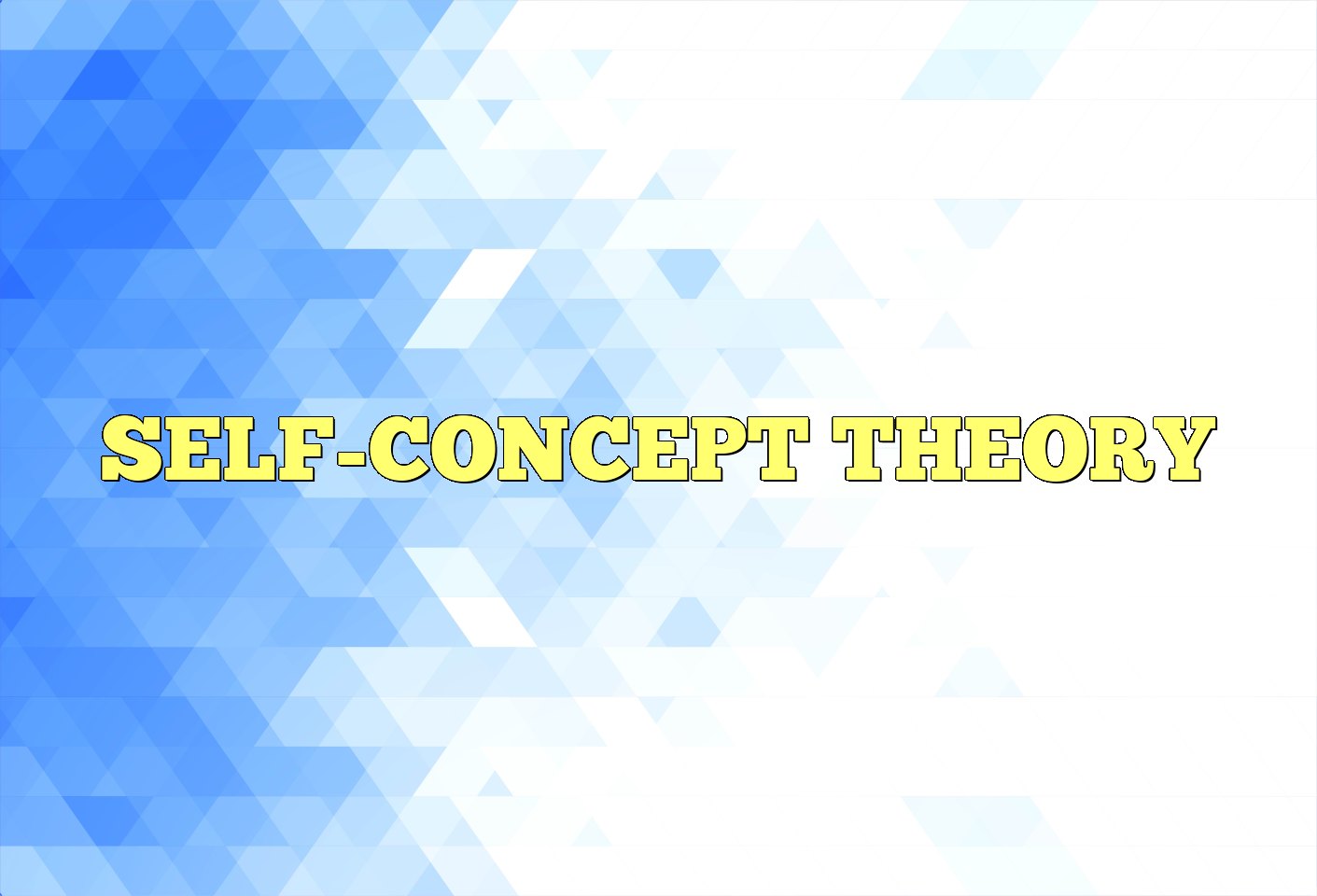The concept of self has been a subject of interest and inquiry across various fields such as psychology, sociology, and philosophy. It refers to the individual’s perception and understanding of oneself, including one’s thoughts, feelings, and behaviors. The theory of self-concept attempts to explain how individuals develop and maintain their sense of self, and how it influences their behavior, thoughts, and interactions with others. It is a fundamental concept in understanding human behavior and plays a crucial role in shaping an individual’s identity and sense of self-worth. This essay will delve into the theory of self-concept and its various components, its significance in personal and social contexts, and its implications for personal growth and well-being.

Seeks to explain how people interpret and perceive their own existence from cues they receive from external sources. Unlike Social learning and Social Cognitive Theory, self-concept theory focuses on how these perceptions are organized and how they are dynamically active throughout life. Many of the successes and failures that people experience in many areas of life are closely related to the ways that they have learned to view themselves and their relationships with others. It is also becoming clear that self-concept has at least three major qualities of interest to behavioral therapist: (1) it is learned, (2) it is organized, and (3) it is dynamic. Self-concept is learned and, from what we can tell, no one is born with a self-concept. Self-concept organization refers to the way we apply experiences to our selves; we often develop ideas based on multiple experiences. Self-concept dynamics refers to the idea that our perception changes at all times and is not fixed at a certain age.